

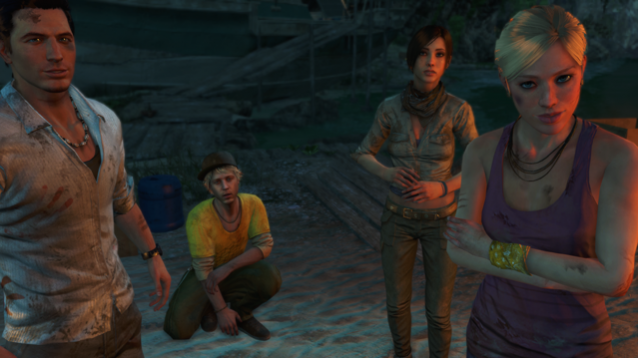
You may not know Jeffrey Yohalem, but you've already met him. Anyone who's taken a drama, film, or writing class has.
Generally, Far Cry 3 has been accepted for what it is: a shooting/hunting open world game that satiates our lust for extremes. Some social status quos are challenged. Others are indulged. It makes a confusing but still entertaining mix of perspectives and if one doesn't read too much into the game, it is quite enjoyable.
But according to its lead writer, "read too much into it" was exactly what we're supposed to do. In an interview with Penny Arcade Report's Sophie Prell, Jeffrey Yohalem took the time to discuss his use of Alice in Wonderland as a theme in Far Cry 3, indicating that the game's few references to the classic children's novel were actually a hint about the parallel of the titular heroine's journey to Jason's:
“The story is itself something that can be solved, like a riddle. What makes me sad is that people don’t engage with playing the riddle, trying to solve the riddle. It’s like a scavenger hunt where people aren’t collecting the first clue.”
“The Alice in Wonderland quotes are there to clue people in. You analyze them like you would any other text and they let you know what’s going on.”
He continues, using the game's setting, Rook Island, as an example:
“Rook means to steal from, or be a fraud, as well as the piece from chess. So it’s like a game that is a fraud. “‘Through The Looking Glass’ is a chessboard. The landscape that Alice is moving through is a chessboard, and she can only move according to the rules of chess, and the characters she meets are on the chessboard.”
“My expectation that people would discover that framework on their own has been challenged.”
He then goes on to discuss the relationship between the developer and player, saying there exists an "abusive" dynamic wherein the developer condescendingly assumes the player needs their hand held (thus earning the player's disrespect) and that critics are no longer interested in looking for deeper meaning in games. He laments that both sides have "just stopped listening to each other" and says that much of the criticism of the game's problematic tropes is due to mistakenly taking the game at face value.
As a writer, I understand his disappointment when someone "doesn't get" what you were "going for". At the same time, I've learned that while there are those who will always misinterpret and not see your point, you have to ensure you present yourself in the way you wish to be perceived.
The Internet is an obsessive place where reading too much into a piece of fiction is not just commonplace, it's celebrated. Just look at the rabid fans of LOST; they actually came up with theories that Damon Lindelof not only never considered but later embraced himself. If no one on the Internet can figure out what you're getting at, then the premise is probably too thin. In an industry where the books want to be judged by their cover, it's not realistic to expect that critics find meaning in a genre that often celebrates its lack of it. Why would the audience have reason to believe that the game might be metaphoric? It doesn't present itself with an ounce of nuance. Far Cry 3 is about extremes, not subtleties. Saving your friends from slavers, having sex with the hot "exotic" chick, shooting a tiger in the face with an AK47: it's the same stereotypical male wish fulfillment we see played out in so many other FPS titles. Why would the player interpret this as a challenge to the status quo?
Lamenting that "critics aren’t looking for meaning in the game," is not helpful. You can't thrust a shooter in our face and then blame us when we take it at face value. We're constantly presented with an endless line up of generic FPS titles that make no social commentary beyond "simulated violence is fun." If games critics aren't quick to find some "deeper meaning" in a game that, let's face it, is about fulfilling the most extreme male fantasies, that's a cultural issue and not the fault of the reviewers. It is your responsibility as a creator to ensure you present yourself the way you wish to be perceived, not for the critic to assume that in your gleeful decadence you were trying to make a point. You can't make the parodic nature of your message a joke that no one in the audience gets.
Games are also, in their participatory nature, reliant on the fact that players see the main character as an extension of themselves. While Yohalem points to Jason's privileged background as reason to assume his experiences shouldn't be taken at face value, by making use of the unreliable narrator, the player is being asked to challenge their own narrative through the lens of that person's life experiences...a life experience which many in the audience either already identify with or aspire to. It's not a particularly effective means of challenging a narrative, despite what we're "meant" to see:
“It’s a first-person game, and Jason is a 25-year old white guy from Los Angeles. From Hollywood. So his view of what’s going on on this island is his own view, and you happen to be looking through his eyes, so you’re seeing his view. It’s set on an island in the South Pacific, so immediately the thing that comes to mind is the white colonial trope, the Avatar trope. I started with that, and it’s like, ‘Here’s what pop culture thinks about traveling to a new place,’ and the funny thing is, that’s an exaggeration of most games, they just don’t expose it.”
“For example, GTA is a colonization game. You come to New York, you colonize New York. Most open world games function that way. Ezio comes to Rome and colonizes Rome. To take that to its extreme, exaggerating those tropes is how you reveal them. The exaggeration of that trope is what happens in Far Cry 3.”
Here, Yohalem is indulging in a false equivalency. New York is an inhabited city, not an island full of natives who hail the arrival of a white person as a prophesized event. Colonialism isn't just about conquest, it's a pervasive attitude. It is born of an assumption that white people are superior and more enlightened than their "uncivilized" counterparts, that taking their land and eradicating their culture is doing them a favor. While Jason Brody by no means "conquers" his Rook Island hosts, deifying him still satisfies the trope. He's essentially the Cortes of the South Pacific.
“When you’re with Citra in front of the warriors, that’s Jason’s fantasy, you know the white guy from LA has sex with this beautiful woman, it’s very gratuitous, and it’s in front of the whole tribe. It’s a fantasy that we’ve seen in pop culture cinema.”
“What I didn’t expect was the people who half-listen. If you half-listen to the story, it seems like it’s reinforcing tropes that I disagree with. People will get 2/3 through the game or halfway through the game, and they’ll think that they know and they stop listening. And it’s like no no no no no, we’re gonna take that and totally loop it back on what you think it is, and we’re agreeing with the critique!”
Yohalem uses the sex scene he described above as an example of when an extreme tantamounts to parody. While it's promising that he sees it as such, unfortunately, the vast majority of his audience didn't. And that Citra ultimately seeks Jason' seed as a means to empower her tribe reinforces the very colonialism tropes he claims to critique.
Ultimately if your intent is to "expose" a trope, then you have to challenge it. Presenting a string of accepted video game status quos with a couple of Alice in Wonderland references isn't enough. While good satire can--and should--fool at least some of the public (that is in fact the point), it shouldn't fool everybody. When your audience has no reason to take your material at anything less than face value, a little more effort must be made. If Jason is supposed to be an "unreliable narrator", then his narration has to actually be challenged. The correlation of his journey with Alice's could have been communicated in so many ways. Tiny little clues that the casual observer would have ignored but the more diligent would have embraced. It saddens me what could have been.
Writers have to lead their audience. It's not being "talked down to". It's what writers do. They set up a story and what they want to tell the audience, and then they find creative ways to do it without being direct. When you present your audience with a reality-based scenario, offering only flimsy clues as to what you consider its "true" nature, you can't expect them to "get it". Far Cry 3 is about as nuanced as slicing a wheel of cheese with a chainsaw. All subtlety is lost under the roar of its chain.
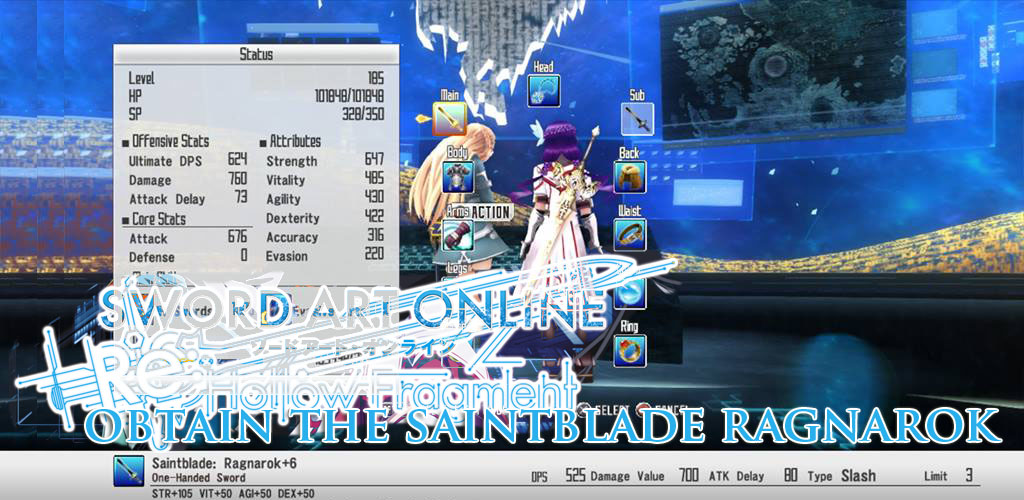

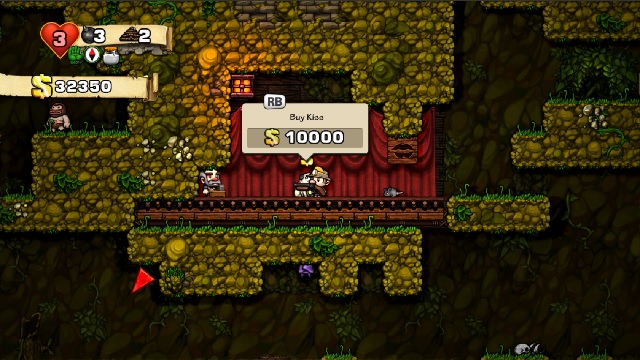
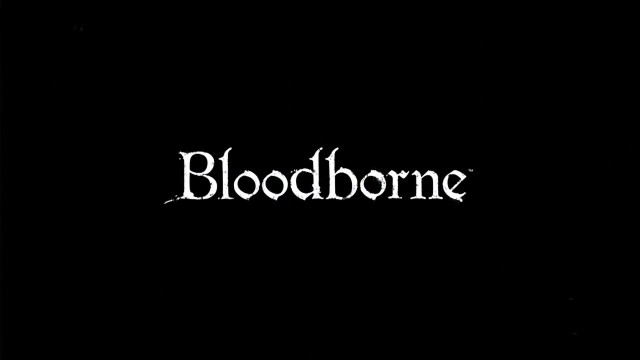
 Top Demon Hunter Armor Build in Diablo 3 Ultimate Evil Edition
Top Demon Hunter Armor Build in Diablo 3 Ultimate Evil Edition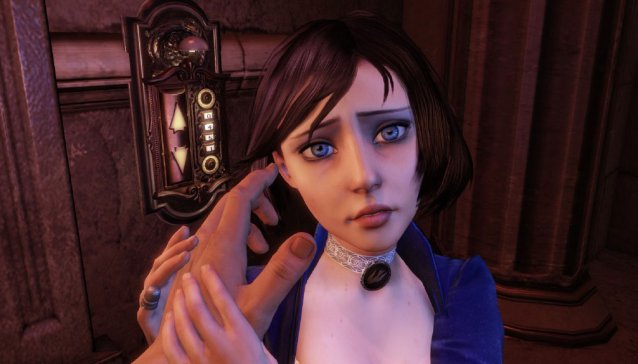 Why AAA Titles Are Worth Writing About
Why AAA Titles Are Worth Writing About Halo 4 Skulls Guide
Halo 4 Skulls Guide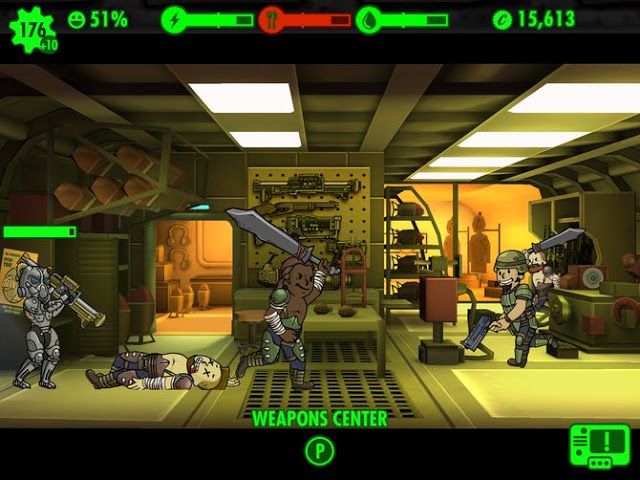 Fallout Shelter (iPhone) Raider attacks
Fallout Shelter (iPhone) Raider attacks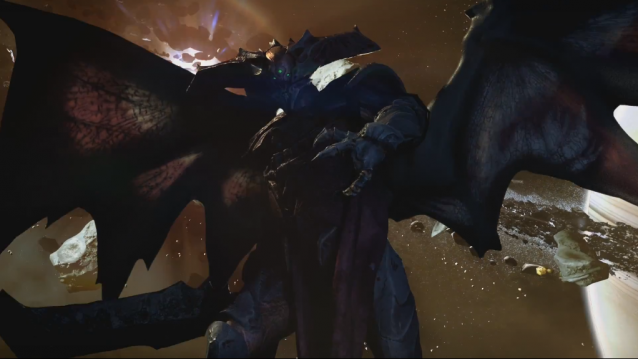 Destiny: The Taken King Guide - How to do Kings Fall Raid in Animated GIFs
Destiny: The Taken King Guide - How to do Kings Fall Raid in Animated GIFs